I know I’ve probably mentioned this ten billion times before, but one of Dave and my favorite quotes is “You’ll find what you’re looking for.”
Whether bad or good, you can find it. In anyone. In anything.
This comes up on a continual basis. With parenting, with each other, with life in general.
And I thought about it again last night as my book club friends and I discussed this latest book called Everything Beautiful in its Time:
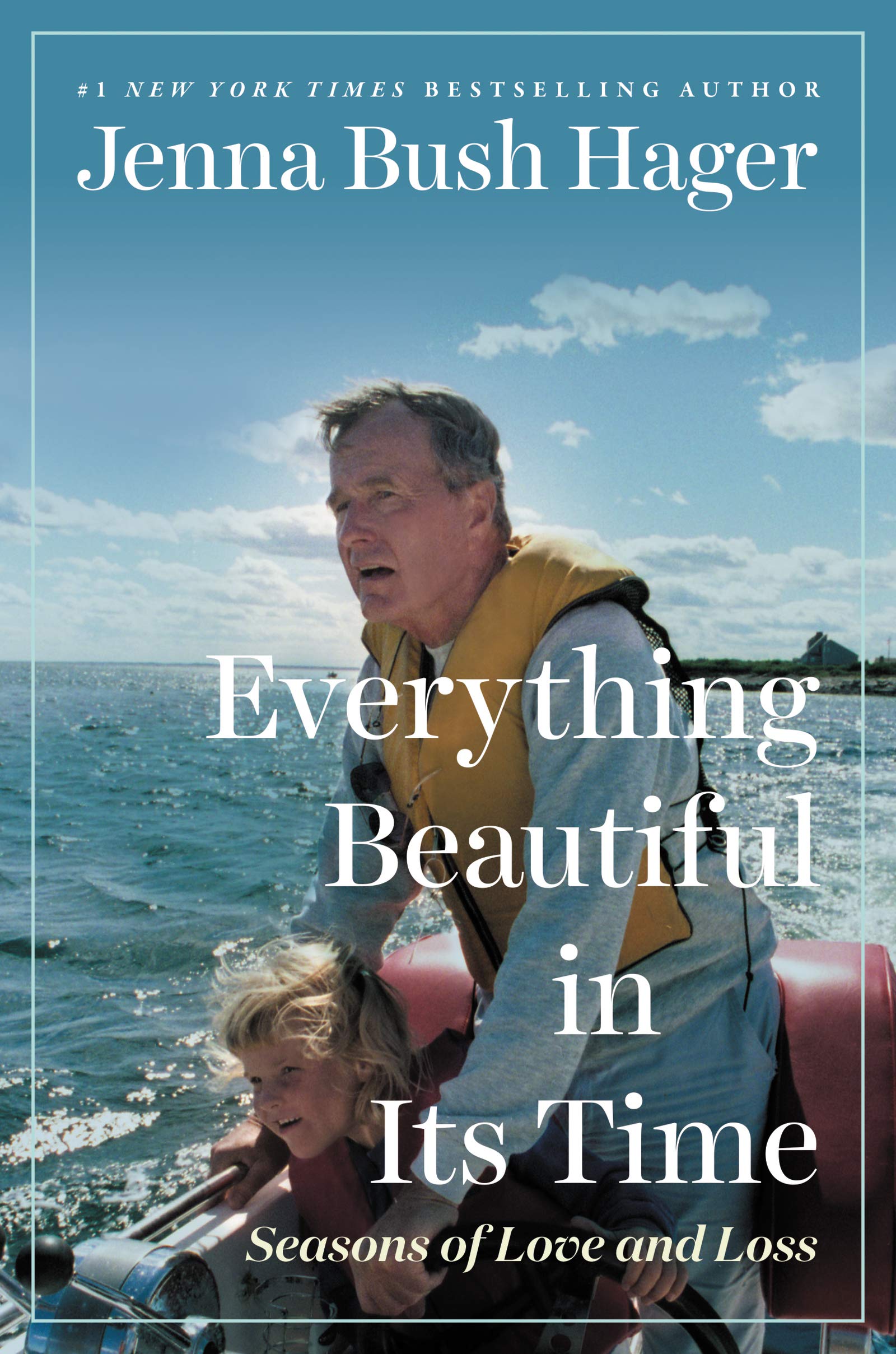
It’s not poetic or a literary wonder, but it is a beautiful memoir of a family and the love they have for each other. I was especially drawn to it because I’ve been thinking about how important family records are…family history. We’ve been studying that in Come Follow Me…knowing our families, turning our hearts. We all have such different stories and we can learn so much from one another.
I thought it was so interesting to hear the back stories of Jenna Bush Hager’s parents and grandparents. And to think about the act of creating a family. Her two sets of grandparents were both so different, but wonderful in their own ways. And those “ways” were merged to create her immediate family. And she is in turn creating her own new family. It spurred a conversation about how many families have a strong family culture. Is it rare? Is it common? Is Jenna’s family culture really as wonderful as it seems, or did she “find what she was looking for?” (I’m sure it was/is an amazing family, it sounds like it was filled with love, and I believe that’s the bottom line for any family.) But for discussion sake, could a child from the same family have a completely different outlook on how the family culture went?
It made me think about how I will look back on the family culture Dave and I are creating some day. Do my children know how deeply I love them like Jenna knew her “gammy” loved her? Do they feel that same unconditional love? What’s the right balance between stern and adoring? Will my own children find the good and forgive me all my mistakes? Or will I be sitting in a counseling room some day trying to untangle a web of frustration I have somehow inadvertently woven? Abby told me a story the other day about two men raised by an alcoholic. One was wildly successful and happy, the other was broken and sorrowful. They both attributed/blamed their alcoholic father for the way they turned out: one decided to turn his life into something wonderful despite his upbringing. The other chose to let that parenting fail him. They each “found what they were looking for.” Just so interesting to think about to me.
We talked about how some grandparents (and parents) are trickier to love and some have love just oozing right out of them.
Is it the responsibility of the parents to help their children “find the good,” even in more difficult grandparents? To give the benefit of the doubt? Everyone is coming from such different backgrounds, such different upbringings themselves. Do we find what we’re looking for in them?
I’m out of time, but wanted to throw those thoughts out there. Would love to hear your thoughts if you can make sense of the jumble of those random questions:)
So grateful I don’t have to search to hard to “find what I’m looking for” in my parents. And Dave’s too. And our grandparents. And thankful this book made me think and be more grateful than ever for the legacy they have created.

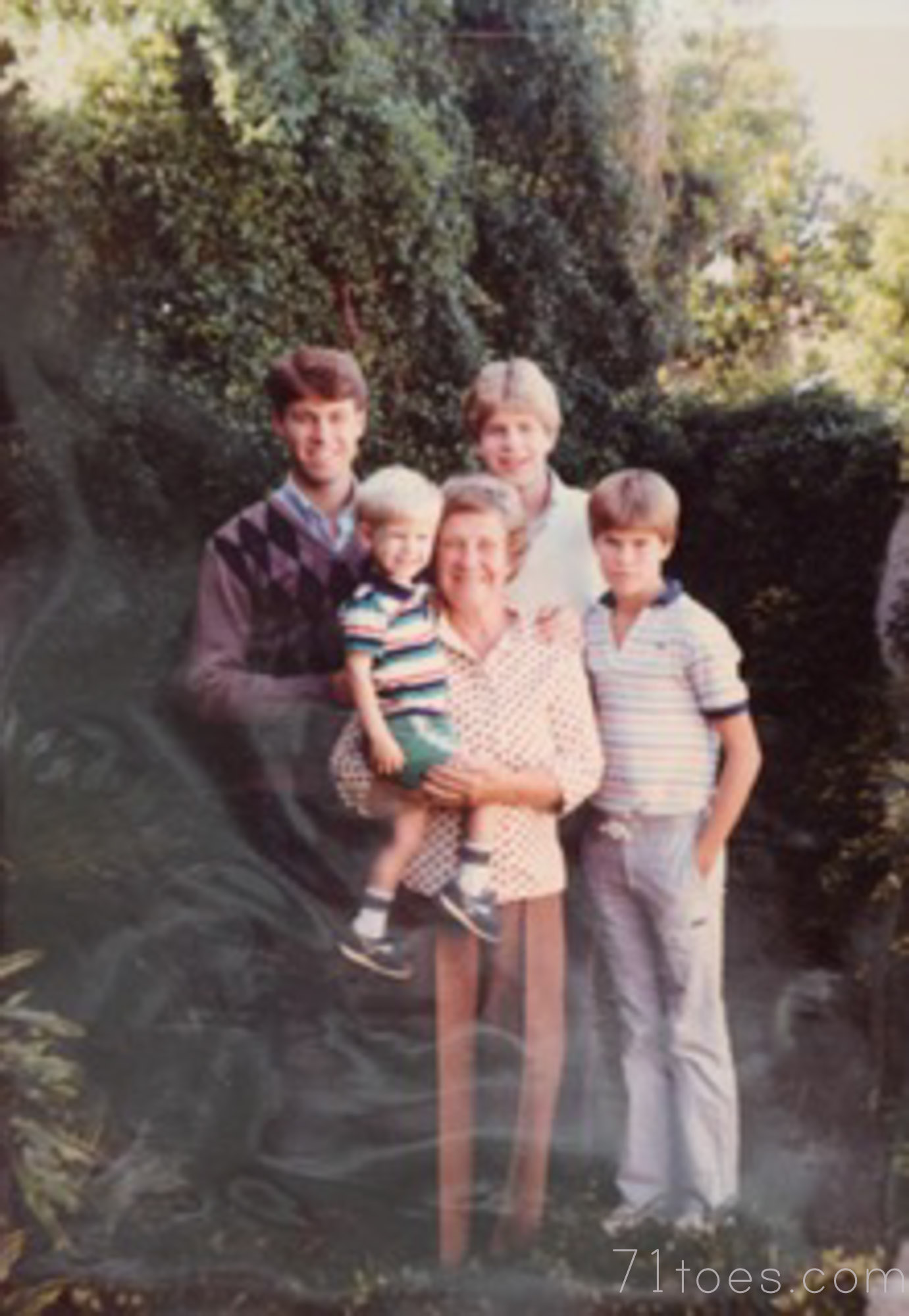
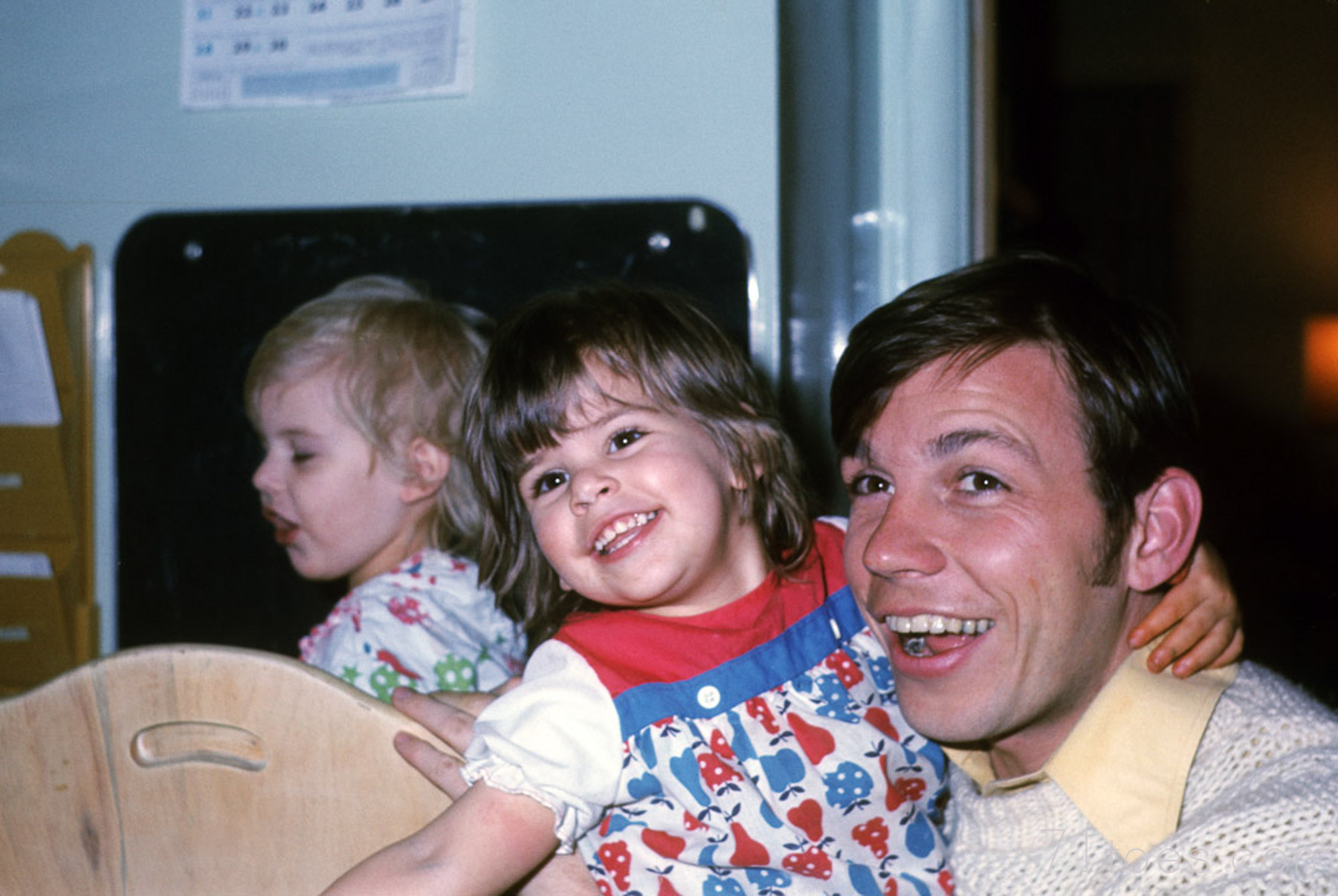
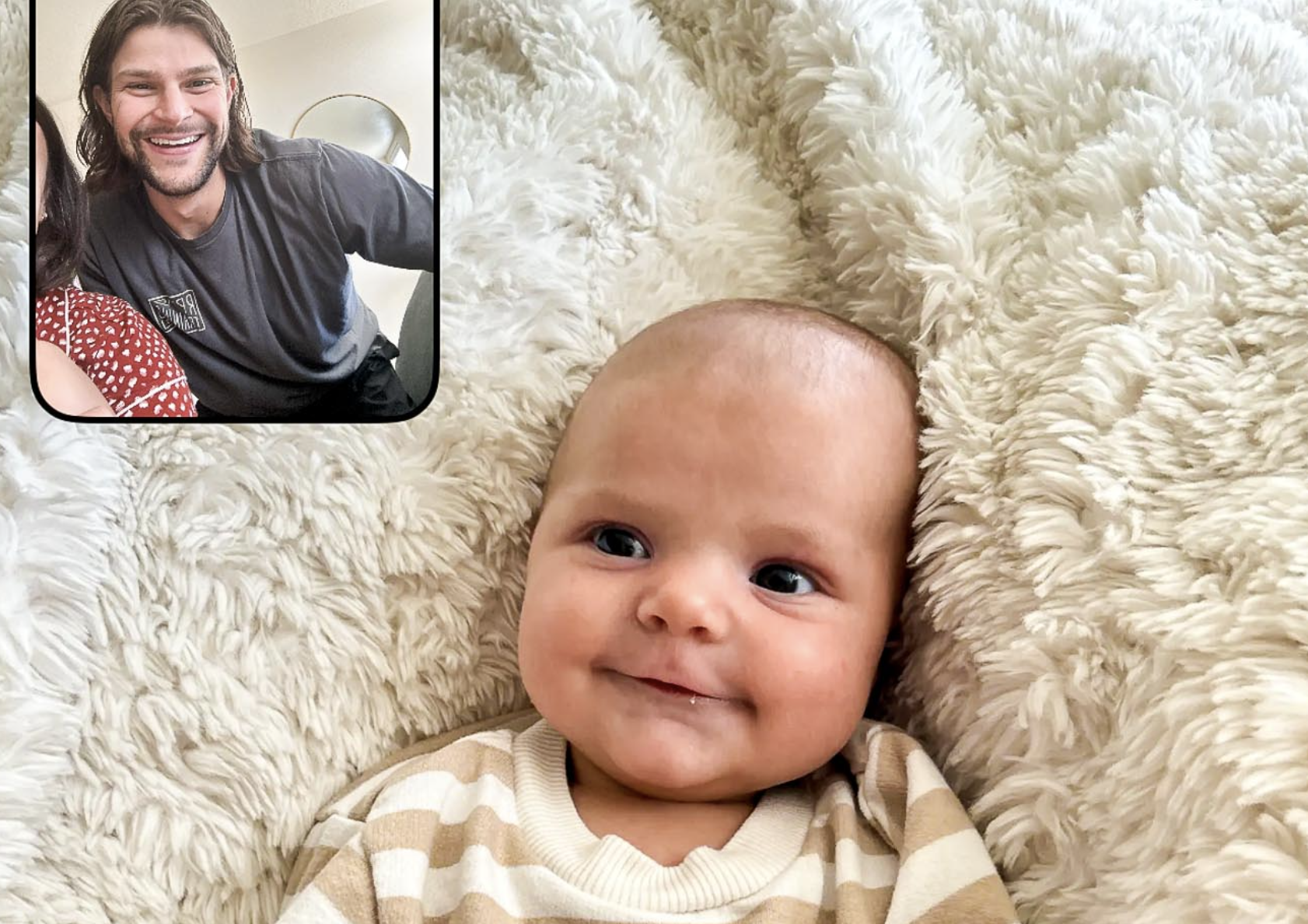

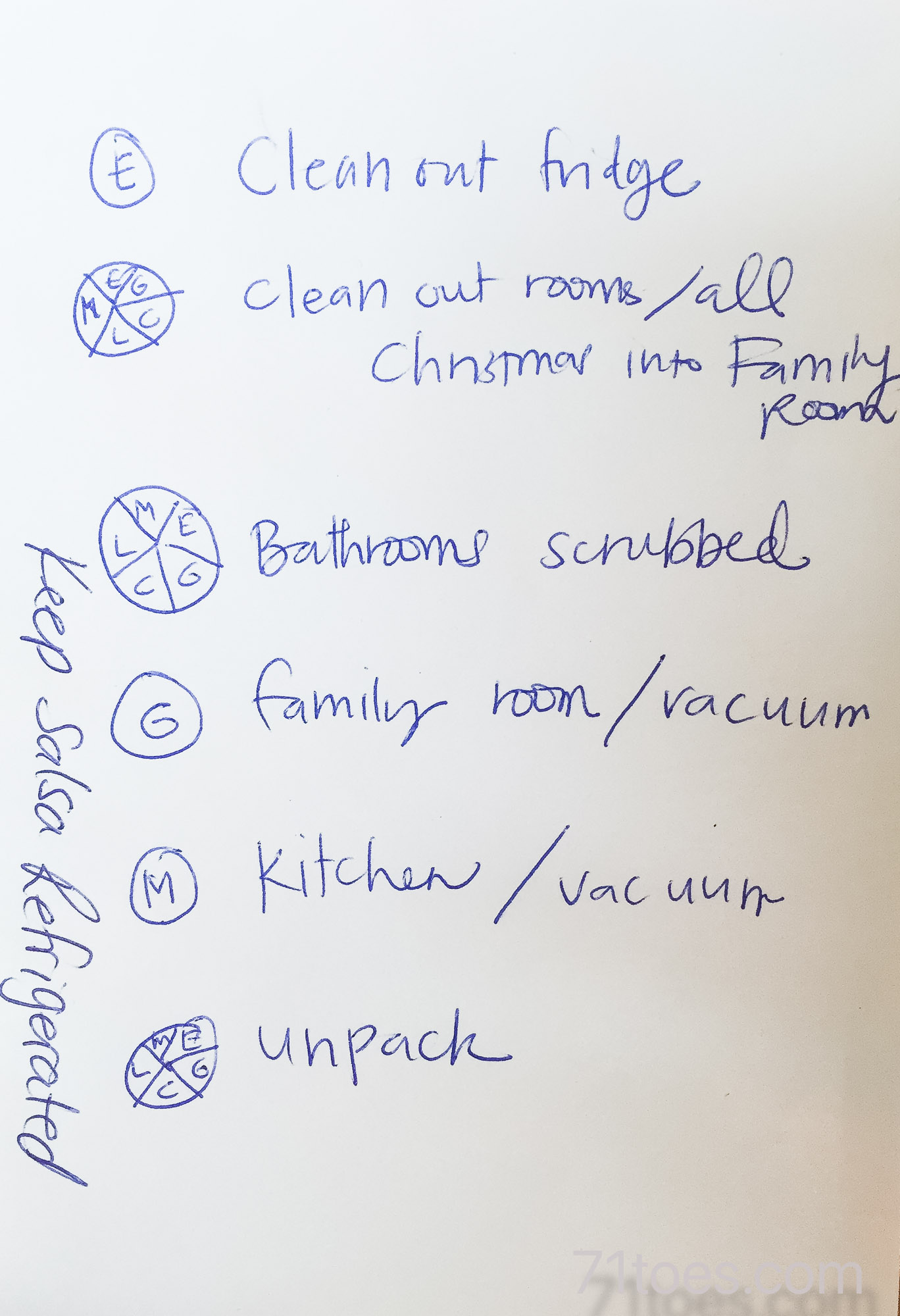
absolutely love your posts!!
I can’t help but wonder how this sentiment applies to racism. I know it’s not the topic of your post, but it has often appeared to me that some people find racism everywhere because they look for it.
I’m so glad that people are looking for and finding racism everywhere, so that we can root it out.
Redlining of neighborhoods and therefore tax contributions and therefore public school funding and therefore quality of education and therefore college opportunities and therefore job opportunities make racism pretty clear, without any need to look for it. As do drug sentencing laws and therefore for-profit prison systems and therefore post-prison job opportunities and voting rights. As do the steps of our Capitol this summer vs. the steps of our Capitol on 1.6.21. I urge you to watch Ava DuVernay’s Netflix documentary “13th” to see that racism IS everywhere in our American systems; they were designed that way so white people could reign supreme. As Rebecca Solnit writes so eloquently, “We are as a culture moving on to a future with more people and more voices and more possibilities. Some people are being left behind, not because the future is intolerant of them but because they are intolerant of this future.” I’m going to look for, and work hard toward, that future. I hope you will, too.
Amen.
In Dolly’s defense – she did not write that there is NO racism at all.
I appreciate the books you share. Have you read The Road Back to You: An Ennegram Journey to Self-Doscovery by Ian Morgan Cron and Suzanne Stabile? I’m reading it now and it’s one I think you’d enjoy.
I haven’t read that one, I’ll have to look into it, thank you for the recommendation!
Hi Shawni. As someone who knows clearly what she wants and is open-hearted to it but hasn’t found it yet, how do I make sense of “you’ll find what you’re looking for”? (This is a genuine question, in case the tone is lost in writing.)
Not Shawni, but my interpretation:
I don’t think the phrase means that you get situations or goals when you’re looking for them. It rather applies to your attitude in given situations. For example: If I thought that haters comment on this blog, I could read your comment as trolling. Or I could suspect that readers are interested into a polite discussion and get your comment as a genuine question.
(Also, I understood it as a genuine question!)
Kerstinek answered perfectly (thank you!). To me, I love this phrase because I believe it’s true that if we look for the good in people we will find it. If we look for things to nitpick at, we will find those too. If we look for what we love in a new neighborhood, we have much more of a potential to thrive there than we would if we were concentrating on the bad, the different, the uncomfortable. It can apply to so many things. I do think, on an even deeper level, that if you have an open heart and mind as you search for “what you’re looking for” in life, you are more likely to be able to make your self malleable as you maneuver through different opportunities and shift and change as you grow to truly find what you “know clearly you want.” Does that even make sense? I think it’s so important to have a “destination” in mind and learn along the way. I’ll talk more about that next week (I have a post almost ready about writing our own stories), but I love the question.
It does – thank you for replying 🙂
Thank you for your thoughts and questions! I wonder every day what mu kids’ memories and perspectives will be when they’re grown. I love how you brought up “trickier-to love grandparents…” I don’t think my parents intended to shape the way I felt about their parents and grandparents, but I’ve absorbed the feelings that they expressed–from the most admiring love to friendship, fear, and even resentment as I heard about my ancestors over the years. It’s taking some time to “unlearn” the negative feelings as I turn my heart and try to see what could have created the circumstances, but I’m grateful for the urgent feeling it gives me to emphasize the good each grandma and grandpa for my kids. I think that recent events have hurt families as political and social agendas became wedges instead of points to discuss civilly (or avoid!).
Interesting thoughts, Sarah, thank you for sharing. It’s tough sometimes to find the balance between “real” and looking for the good. But I do believe we can find some good in most everyone.
xoxo
I have thought about this topic often too. As one of six siblings, I remember somethings differently than some of my siblings. I think this is because we all look from our own perspectives. Having a good familial legacy is important and goes a long way towards helping the next generation do well, but our own perspective and initiative also influences the outcome! Parents must do their best all the while praying for the Lord to do the necessary work in the heart of their children.
Amen. We are going to make all kinds of mistakes (at least I know I have!!), but I’m so grateful to be able to seek help and nudges from Above. I am keeping a notebook at my side when I pray (a goal/habit for the last couple weeks), and it’s amazing the small nudges I’ve had to do or say things for/to my children that have made a difference. Sometimes I forget that God can be “in” this with me, and can provide so much guidance if I ask and listen. And yes, despite our best parenting efforts, every child sure comes with their own personality that may or may not mix well with what we have to offer. Oh how I pray that I can get through to my kids in a positive way!
I agree and disagree.
Attitude certainly makes a big difference. If I look for the silver lining, I feel better about certain situations than if I dwell on the negative aspects. My goal for 2021 is actually to look for the good qualities in people (and to bake more). 🙂
However I believe that you might sometimes overrate willpower. I could be determined to be a good runner. But no matter how much more I’d practice, I will never be very, very good; I am just not built for it (this comment doesn’t apply so much to this post, but to one you have written recently). It’s the nature vs. nurture question.
The same goes for the two brothers with the alcoholic father. I don’t like the sentence “The other CHOSE to let that parenting fail him.” Maybe it did just fail him because he was not as resilient as his brother as a child, because he was more sensitive? Maybe it wasn’t a choice?
Love these thoughts. I agree with the willpower thing…no matter how much we may want something, some things are just out of limits for us, particularly. One thing that brings to mind is that story about Michael Phelps vs. Hicham El Guerrouj from Atomic Habits that I wrote about back here: https://71toes.com/2021/01/atomic-habits-and-becoming-who-we-want-to-be-little-by-little/ Those athletes are good at what they do because of their specific body types. They most likely could not switch roles, no matter how hard they tried. So we need to take our own unique talents/skills/abilities into account when we try to figure out life (in my opinion).
And thank you for the thoughts about the brothers with the alcoholic father, I probably didn’t write that out very clearly, and re-reading it, I don’t like that sentence either! I do like that that story just made me think. It’s not based on any fact, and I was just retelling it but I like how you said it better. Everyone comes with different resiliencies and abilities and situations (parents and kids) and it’s just so interesting how those personalities mix together to their detriment or to their success.
“One was wildly successful and happy, the other was broken and sorrowful. They both attributed/blamed their alcoholic father for the way they turned out: one decided to turn his life into something wonderful despite his upbringing. The other chose to let that parenting fail him. They each ‘found what they were looking for.’ Just so interesting to think about to me.”
Respectfully, even though you don’t mean to come off harsh here, your judgement is actually very unfair. It would be worth reading up on abusive families (for starters, read some stories on reddit’s Raised by Narcissists page), especially how differently kids are raised when they’re put in the role of scapegoat vs. the golden child, for example. One of the two siblings was likely treated much better than the other and had a better chance of succeeding in the first place because the abusive parent was somewhat loving. If the other was treated as a scapegoat, they start their own life behind their sibling because of the abuse they experienced. Abuse leaves deep wounds and unconsciously shapes an individual’s personality more than most people realize, even when the child experiencing it is trying their best to keep their head on straight when they’re growing up. No matter what, it’s difficult and time-consuming to undo and correct that emotional damage, the only way to really move forward. No child wants to look for sadness in their adult relatives. They just want to feel loved, safe, and nurtured. You are very fortunate to have been born into a loving family and I do not begrudge your optimism. Nevertheless, family dynamics can get really complicated and it’s not easy to understand that dysfunction when you haven’t been in the middle or right on the edge of this sort of thing.
Thank you for bringing that to my attention, Holly. I’m sorry if what I said came across in a harsh way. There are so many factors that go into how kids turn out: temperament, favoritism, abuse, personalities, parenting types mixing in with all of that, every parent has their own story of where they’re coming from too…and that story is definitely over simplified. It just struck me that kids can turn out so differently even with the same parents. Good or bad. Thank you for sharing your thoughts.
Interestingly, we did this book for our book club this month too! We were all grandmothers so it was a different discussion but so fascinating! It gave us pause to think about how we are viewed by our grandchildren as well as the influence of the generational family. It’s interesting to see it through the eyes of a different generation. Terrific thoughs and comments!
Oh that’s so funny we never talked about that one…too much talk about Atomic Habits. Ha! Love you!
Hi Shawni, long-time reader but a first-time commenter — I really enjoy your blog, even though my life is quite different from yours! I am engaged to be married and optimistic about having children and creating a stable, intentional, loving life for them, something neither I nor my partner enjoyed consistently growing up. I wonder what your advice (or your readers’!) would be for a couple like us, who feel that our parents did more harm than good in many ways. Sometimes it’s hard to know if distance from our larger family is the right choice.
Good question Sophie. My father-in-law grew up in a trickier situation and I am so deeply thankful that despite some setbacks, he and my mother-in-law made a deliberate choice when they married that they were going to change things for their own family. They realized they had the power to create exactly what you said: “a stable, intentional, loving life” for their children. And because THAT was what “they were looking for,” they put in the work, the research, and the love, and that’s what they did. They have raised nine of my very favorite people in the whole world (especially that tallest boy of theirs:). I think they are a beautiful example of starting a new cycle. I think you can learn so much from your larger, extended family, and whether distance from them is helpful or hindering, I’m sure you will figure out what is best for your own unique new family you are starting. I wish you the best of luck as you embark on this most beautiful journey of creating family. There will be ups and downs, successes and failures just like the rest of us, but I hope you will know where to turn for guidance and that you will find a way to fill that new family of yours right up with unconditional love. Sending you my love!
xoxo
I wrote a blog post about this a while back…it is here if you want to read it: https://71toes.com/2019/10/creating-a-bold-new-heritage/
I would like to thank you for the wonderful post you have shared with me. I have read the detail post and its very unique and useful. I would like to read more from you. keep posting such informational posts